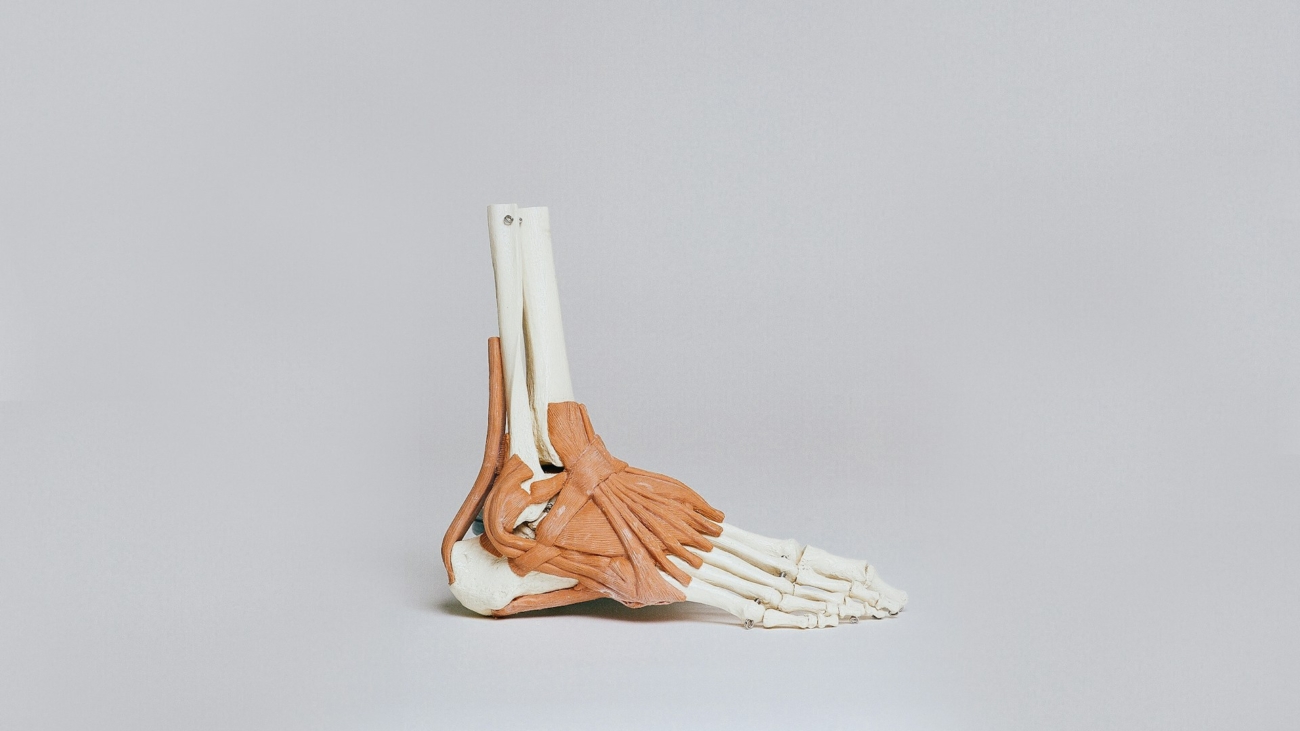In an ideal healthcare world, a patient’s medical history seamlessly flows between doctors, hospitals, and clinics. However, the reality is far from ideal. The challenge of interoperability, the ability of different healthcare systems and devices to communicate effectively, continues to hinder the delivery of efficient and coordinated care.
This article explores the complexities of interoperability in healthcare and proposes solutions to break down the communication barriers within the medical ecosystem.
A Symphony of Dissonance: The Roots of the Interoperability Problem
Several factors contribute to the interoperability challenge:
-
Legacy Systems: Many healthcare institutions still rely on outdated electronic health record (EHR) systems with incompatible data formats and communication protocols.
-
Proprietary Standards: Some vendors use proprietary data formats, locking healthcare providers into their specific systems and hindering data exchange with other systems.
-
Lack of Standardization: The absence of universal data standards creates confusion and makes it difficult to integrate information from different sources.
-
Data Security Concerns: Healthcare institutions may be hesitant to share patient data due to concerns about privacy and security breaches.
The consequences of interoperability issues are far-reaching:
-
Fragmented Care: Patients may experience duplicate tests, medication errors, and delayed diagnoses due to incomplete medical histories.
-
Inefficiencies: Clinicians waste time and resources reconciling conflicting information or manually entering data from different systems.
-
Hindered Research: Fragmented data hinders medical research efforts that require access to comprehensive patient data sets.
-
Patient Frustration: Patients navigate a convoluted healthcare system, repeatedly providing the same information to different providers.
Building Bridges: Solutions for Interoperable Healthcare
Fortunately, there’s a growing recognition of the urgency of addressing interoperability. Here’s how we can move towards a more connected healthcare system:
-
Standardization Initiatives: Promoting the adoption of standardized data formats like HL7 (Health Level Seven) and FHIR (Fast Healthcare Interoperability Resources) allows for seamless exchange of healthcare data between different systems.
-
Health Information Exchanges (HIEs): These secure platforms enable hospitals, clinics, and other healthcare providers to share patient data electronically, providing a more holistic view of a patient’s medical history.
-
Application Programming Interfaces (APIs): APIs allow different systems to communicate and exchange data securely. This promotes interoperability between EHRs, medical devices, and other healthcare applications.
-
Cloud-Based Solutions: Cloud-based EHRs offer improved accessibility and facilitate data exchange between hospitals and clinicians using different systems.
-
Blockchain Technology: While still in its early stages of implementation, blockchain technology has the potential to create a secure and transparent platform for managing patient data, enhancing interoperability and data security.
A Collaborative Effort: The Path Forward
Achieving interoperability requires a collective effort from various stakeholders:
-
Government Involvement: Government agencies can play a crucial role by promoting the adoption of interoperability standards and incentivizing healthcare providers to invest in interoperable systems.
-
Industry Collaboration: Healthcare technology companies need to collaborate to develop open-source solutions and promote data compatibility across different systems.
-
Healthcare Provider Education: Educating healthcare professionals on the importance of interoperability and training them on using interoperable tools is essential.
-
Patient Empowerment: Encouraging patients to advocate for their right to data access and control can help drive the demand for interoperable healthcare systems.
By breaking down the communication barriers within the healthcare system, interoperability can pave the way for a future of seamless care coordination, improved patient outcomes, and a more efficient healthcare delivery system. The future of healthcare demands not just advanced treatments but also a connected ecosystem where information flows freely, empowering clinicians to deliver the best possible care for their patients.
The Human Touch in a Digital Age: Balancing Interoperability with Empathy
While interoperability offers immense benefits, it’s crucial to remember that technology is a tool, not a replacement for human connection and empathy in healthcare.
-
Maintaining Patient-Clinician Relationships: The focus on seamless data exchange shouldn’t overshadow the importance of building trust and rapport between patients and their doctors. Interoperability should complement, not replace, the human element of healthcare.
-
Addressing Data Privacy Concerns: As healthcare data becomes more interconnected, ensuring patient privacy and data security is paramount. Robust cybersecurity measures and clear patient consent protocols are essential to build trust in interoperable systems.
-
Addressing Digital Literacy Gaps: Not all patients are comfortable navigating complex healthcare systems or digital platforms. Providing patient education and support ensures everyone can benefit from interoperable healthcare, regardless of their technological expertise.
-
The Future of AI and Interoperability: Artificial intelligence (AI) has the potential to analyze vast amounts of patient data and identify patterns that can improve diagnoses and treatment plans. However, it’s vital to ensure AI algorithms are unbiased and clinicians retain ultimate decision-making authority, utilizing AI insights to enhance, not replace, their expertise.
By fostering interoperability while prioritizing human connection, data privacy, and inclusive access, we can create a healthcare ecosystem that is both efficient and patient-centered. The future of healthcare lies in harnessing technology to empower clinicians, improve patient care, and ultimately, build a healthier future for all. The path to a truly interoperable healthcare system requires not just technological advancements but also a commitment to empathy, ethical data practices, and ensuring everyone, regardless of background or technological fluency, benefits from the seamless flow of health information.

